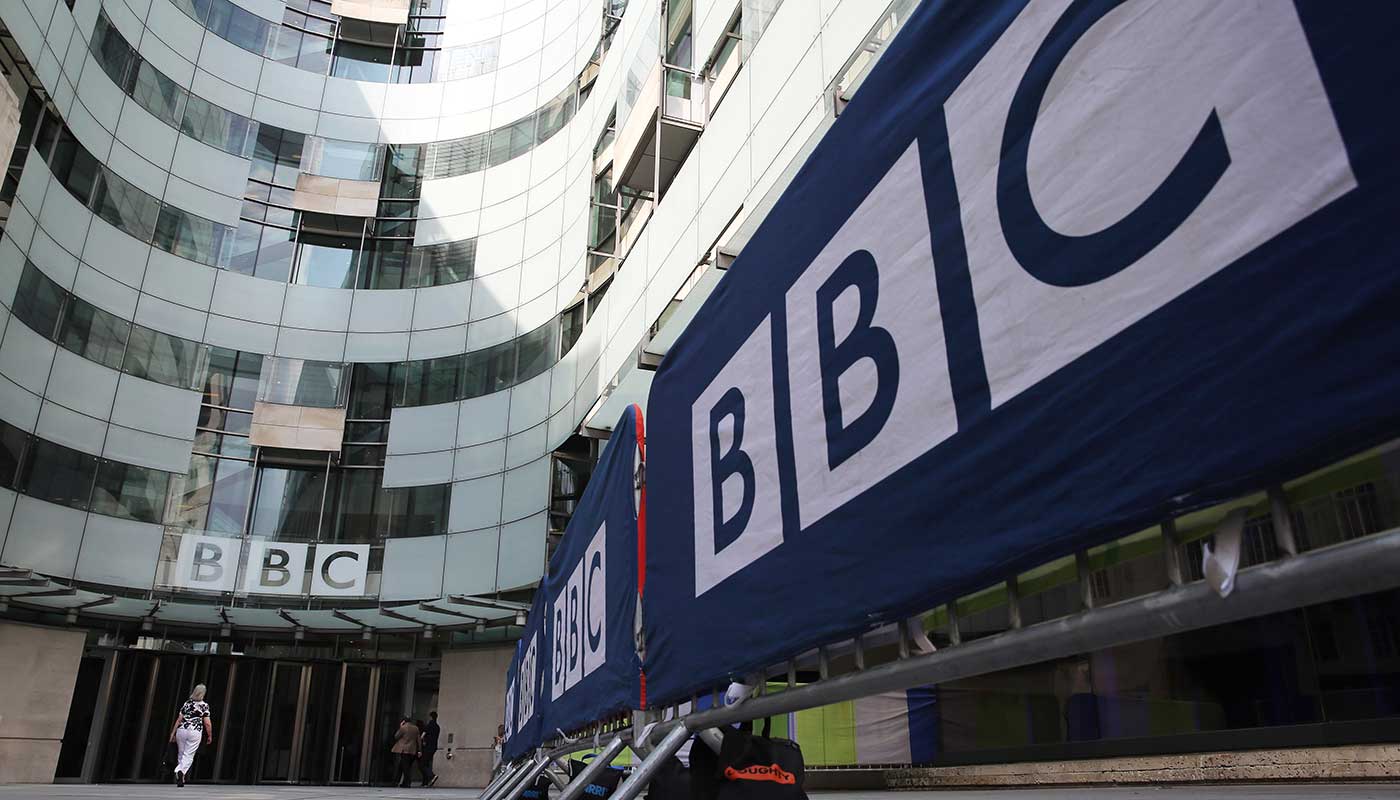Will shorter News at Ten lure younger viewers to the BBC?
Staff have criticised decision to make extra time for youth programming

A free daily email with the biggest news stories of the day – and the best features from TheWeek.com
You are now subscribed
Your newsletter sign-up was successful
The BBC is to shorten its flagship BBC News at Ten by five minutes to give more time to youth programming.
From Monday 4 March, the broadcaster will change its late-night schedule to create a special slot to air BBC Three shows between Monday and Wednesday every week.
The move “follows Ofcom’s warning that the broadcaster is not doing enough to pull in younger viewers”, reports the Daily Mail.
The Week
Escape your echo chamber. Get the facts behind the news, plus analysis from multiple perspectives.

Sign up for The Week's Free Newsletters
From our morning news briefing to a weekly Good News Newsletter, get the best of The Week delivered directly to your inbox.
From our morning news briefing to a weekly Good News Newsletter, get the best of The Week delivered directly to your inbox.
The new “BBC Three slot” will begin at 10.35pm, “launching with the second series of Fleabag, reality-esque dating show Eating With My Ex and a Stacey Dooley fronted make-up competition called Glow-Up”, says Digital Spy.
The decision to cut the length of the main news bulletin along with the regional news and weather that follows it - a total reduction of 10 minutes - was announced to staff on Monday.
This is “an attempt to convince younger audiences to tune in to BBC One broadcasts by showing BBC Three highlights instead of a longer news programme”, says The Guardian.
The paper added that BBC insiders believed it “reflected a genuine belief by executives that younger viewers would return to watching live television if relevant programming were shown in an earlier timeslot”.
A free daily email with the biggest news stories of the day – and the best features from TheWeek.com
A press release from the corporation assures viewers that the BBC News at Ten “will continue to bring high-quality reporting of the day’s events to its audiences” and points out that the change will reduce the 15-minute overlap with Newsnight, which starts on BBC Two at 10.30pm.
“We believe this will be better for audiences as those that want more in-depth news and analysis can move over to Newsnight on BBC Two and it will allow for a slightly earlier and more consistent start time for viewers to watch the programmes that follow,” added the release.
The announcement has already attracted criticism from some BBC staff, with the Guardian reporting that “well-known on-screen names including the Middle East editor, Jeremy Bowen, and other leading foreign correspondents have written to the BBC director general, Tony Hall” urging him to reconsider.
Bowen declined to comment to the newspaper on the message he had sent to the director general, saying it was a private communication, but did say: “We all want the BBC to be the best it can be. To that end we have plenty of internal debates about what’s happening.”
One BBC News source told the Guardian that the decision had “caused a huge amount of disquiet and anger”.
“The rationale for what they’re doing is not convincing,” another well-placed source added. “There is no evidence that asking people to watch stuff at 10.35 at night rather than 10.45 will make a difference.”
Peter Sissons, a former presenter of BBC News at Ten, condemned the corporation, describing the decision as a “breach of their public duty”.
“I don’t see the logic in the decision, frankly,” he told The Sunday Times. “There has never been more important news running in peacetime. They are in the business of public service, not competing for ratings.”